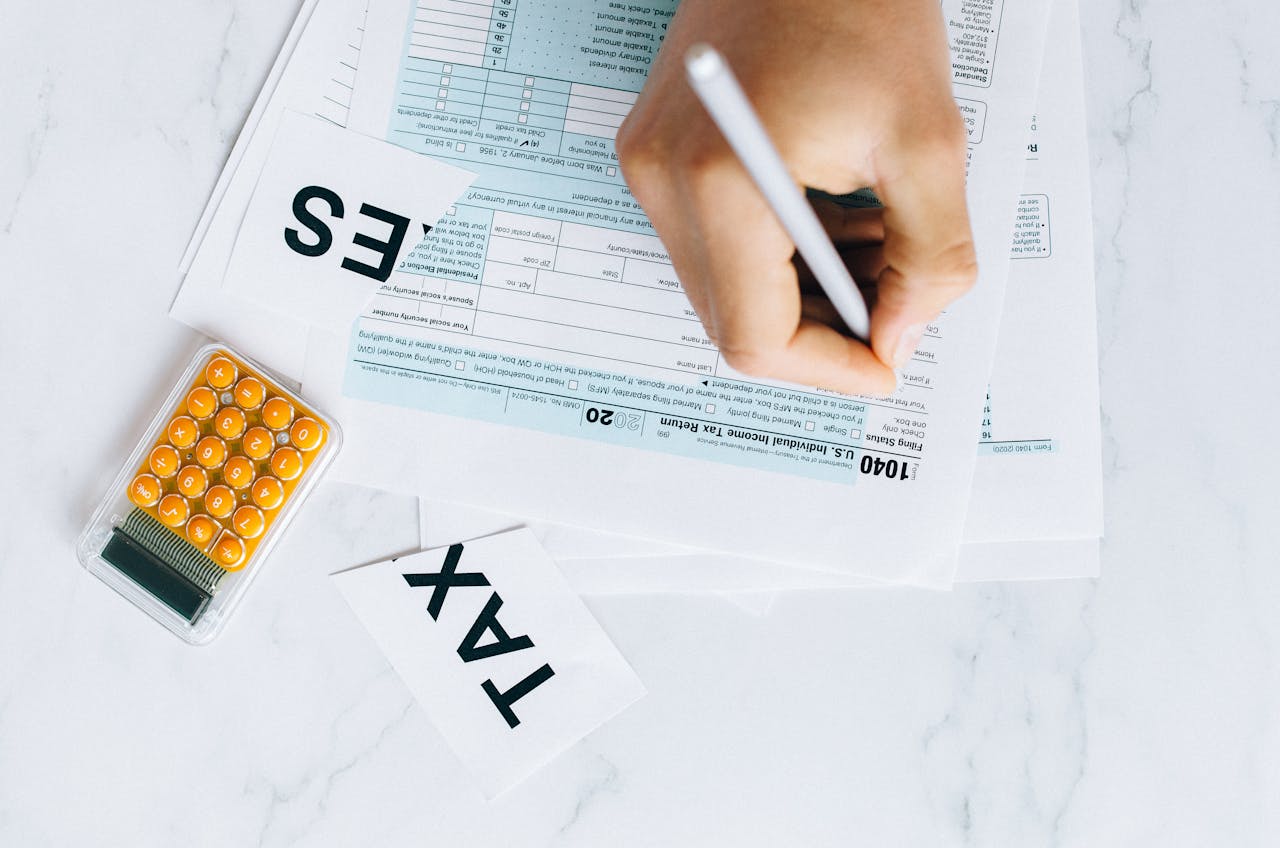
Tax scams have surged in recent years, especially with growing digital filing and phishing tactics. Fraudsters often impersonate the IRS or tax professionals to steal your money, identity, or refund. Whether you’re a small business owner, freelancer, or individual filer, protecting yourself during tax season is critical.
Key IRC Sections and IRS Forms
- IRC §7201 – Penalty for underpayment due to fraud
- IRC §6701 – Unauthorized disclosure of information
- IRC §6101(h) – Information reporting
- Form 14039 – Identity Theft Affidavit
- Form W-2 / 1099-NEC – Common forms used in phishing scams
Common Types of Tax Scams
- Phishing Emails and Calls: Fake IRS notices asking for payment or personal info
- Ghost Preparers: Unlicensed tax preparers who disappear after filing
- Fake Refund Promises: Claims of inflated refunds with stolen data
- Tax Transcript Email Scam: Fraudulent IRS transcript email with malware
- Charity Scams: Fake charitable donation deduction offers
Real-World Example
David, a small business owner in California, received an email from a fake IRS address asking for his EIN and business bank account to verify a refund. Believing it was real, he responded. Within days, his bank account was compromised and a false 1120-S was filed. He had to file Form 14039 and spend months resolving the case.
Red Flags to Watch For
- Emails demanding immediate payment
- Links that look like IRS but end in “.com” or “irsrefundnow.net”
- Calls from someone claiming to be an IRS agent but refusing to send a letter
- Preparer who won’t sign the return or provide PTIN
- Promises of big refunds without reviewing records
Step-by-Step: How to Protect Yourself
- File Early: Reduces the risk of someone filing in your name
- Use a Verified Preparer: Always check PTIN and credentials
- Check IRS Emails & Letters: IRS only initiates contact by mail
- Don’t Click on Suspicious Links: Go directly to IRS.gov
- Use Strong Passwords: Secure tax documents and e-filing accounts
- Shred Paper Docs: Don’t leave tax records in the open
- Enable 2FA: Wherever possible on tax platforms
- Report Scams: Use IRS Form 14039 for ID theft and phishing@irs.gov for fraud
Conclusion
Tax scams are evolving rapidly, but with vigilance and proper precautions, you can avoid costly mistakes. Use secure channels, vet your preparers, and stay updated with the IRS website. Protecting your data is as important as filing your return.
Call to Action
Worried about tax fraud or filing errors?
Anshul Goyal, CPA EA FCA is a U.S. licensed Certified Public Accountant and IRS-authorized Enrolled Agent who helps clients stay compliant and avoid scams with confidence.
Disclaimer
This blog is for informational purposes only. It does not constitute legal or tax advice. Please consult a professional for your specific situation.
Top 5 FAQs
- Can the IRS call me directly?
No. The IRS generally communicates first via postal mail. - What is a ghost tax preparer?
One who doesn’t sign returns and often disappears after filing. - How do I report a scam email?
Forward it to phishing@irs.gov immediately. - Can I recover a stolen refund?
Yes, but it requires filing Form 14039 and working with the IRS. - How do I check if my preparer is legit?
Search their PTIN at IRS.gov and ask for their credentials.
About Our CPA
Anshul Goyal, CPA EA FCA, is an IRS-authorized Enrolled Agent and licensed Certified Public Accountant helping individuals and businesses avoid fraud and stay tax compliant. He represents clients in audits and litigation.
